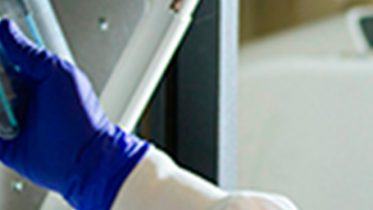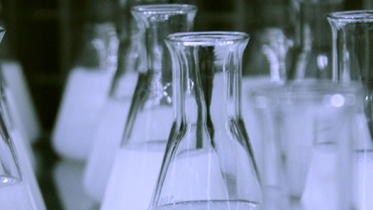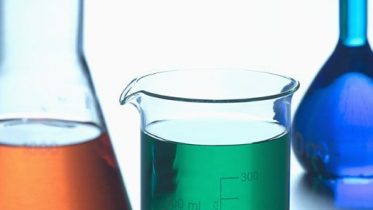BRPTO officializes the new Examination Guidelines for Biotech Patent Applications in Brazil
- 03 December 2020
- New legislation
As you might recall, on Feb. 06, 2019, BRPTO issued a Public Consultation on a proposed Biotech Examination Guidelines. As Biotech IP assets are so relevant in a huge market as Brazil, such Public Consultation received the contribution from several Biotech important players as well as from Biotech related Associations and IP Associations.
Most of the replies aimed to pursue a less strict interpretation on controversial matters related to biological sequences such as (among others):
a) % of identity/similarity;
b) defining a sequence by its function; and
c) defining a biological subject matter by other means that not the sequence itself (for example the definition of a DNA sequence by the polypeptide sequence it encodes and the use of EC number for enzymes’ classification).
Despite of that, on the resulting Guidelines, published on December 1st, 2020, BRPTO maintained the non-acceptance of broader sequence definitions as items a)-c). In fact, it was ratified that DNA or RNA must be necessarily defined by its sequence of nucleotides, while a protein, by its sequence of amino acids, in order to clearly define the subject matter (except in cases related to deposit of biological material). The Guidelines also ratified that biological sequences not disclosed in the specification as originally filed cannot be introduced later in the prosecution, since they would be considered as “added matter” (except when the biological sequence is known from the state of the art).
Indeed, the main modifications/clarifications brought by the new Biotech Examination Guidelines in comparison to the former legislation are the clearer definitions adopted in what concern:
i) sufficiency of disclosure – for example, standardization experiments not being considered as undue experimentation;
ii) DNA/RNA degenerate sequences – it can usually be accepted if they generate the same well-defined protein, without presenting each of the possibilities of nucleotide sequences in the sequence listing;
iii) specificities on how to submit an amino acid or a nucleotide Markush formula;
iv) the patentability of an antibody when its generation would depend on exposure to the antigen in a controlled and repeated manner;
v) the patentability of genetically obtained monoclonal antibodies; and
vi) the patentability of production processes of polyclonal antibodies provided that all the steps of the process are sufficiently described and are not of natural occurrence or invasive.
The new Guidelines also clarifies that although the protection of stem cells per se, even if genetically modified, remains forbidden, the patentability of compositions or kits containing them are acceptable, as well as stem cell uses and stem cells related to in vitro processes.
Regarding genetically modified plants and the production of sterile reproductive structures, the text also reflects a prohibition of Brazilian Biosafety Law (Law 11,105/2005), i.e. it ratifies that Genetic Use Restriction Technologies (GURTs) are not eligible for protection.
It is important to stress that while commenting the publication of the current Guidelines in social media, the BRPTO Patent Director already indicated that given the dynamism of the Biotech area, new studies for further modifications in the referred Guidelines are already being conducted.
We will keep you updated in case of any upcoming modification. In the meantime, in case of any doubt, please feel free to contact us.









